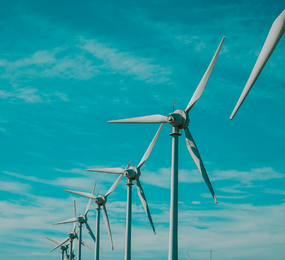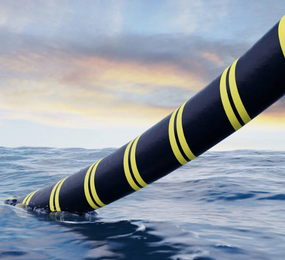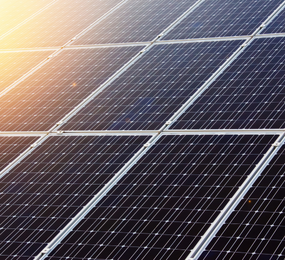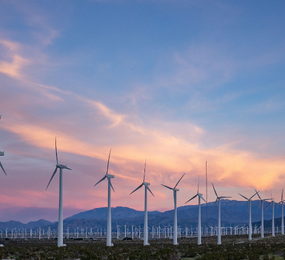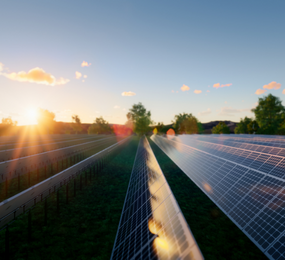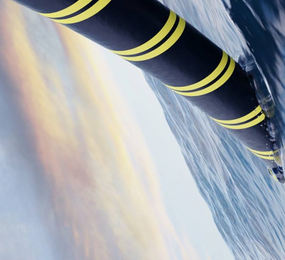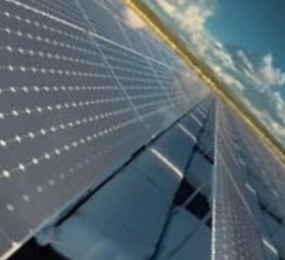When subjected to microbial action, materials classed as biodegradable plastic can be broken down into carbon dioxide and water. These molecules are frequently made from raw materials such as petrochemicals, microorganisms, renewable chemicals, and others.
The value chain associated with conventional plastic materials can theoretically be replaced with biodegradable plastics. In comparison to plastic, it offers a profitable and environmentally friendly alternative. The populace becomes closer to a circular economy as this technology is used more frequently.
Bio-based plastics can be more environmentally friendly and have better material qualities than fossil-based plastics. Some of them even provide biodegradation as an end of life (EOL) scenario when carried out in controlled or predictable circumstances. They can also be compatible with current recycling streams.
Other aspects of sustainability that depend on plastics include improving the fuel efficiency of cars and aeroplanes, increasing energy savings using plastic insulators, and extending the shelf life of food with plastic packaging to help decrease food waste. Over 380 million tonnes of plastic are produced each year, and that number is rising at a pace of 4% each year. The shift to a "circular plastic economy" is driven by growing concern over the environmental effects of plastic waste and the plastic-related emission of greenhouse gases (GHGs).
100% bio-based bioplastics are currently produced at a rate of about 2 million tonnes annually and are viewed as a component of future circular economies to assist in achieving some of the Sustainable Development Goals (SDGs) of the United Nations (UN), such as by avoiding the use of fossil resources, introducing new recycling or degradation pathways, and using less toxic reagents and solvents in manufacturing processes. Different types of bioplastics can provide improved circularity with the use of renewable (non-fossil) resources, a less carbon footprint, biodegradation as a substitute end-of-life (EOL) option, and improved material qualities.
In a circular economy, the use of non-renewable resources and waste production is minimised, while reuse and recycling dominate the life cycles of materials.
Join us on 1st - 2nd March, 2023 for the World Biopolymers and Bioplastics Innovation Forum, in Berlin, Germany so you don't feel left out in the industry!
To register or learn more about the Forum please check here: https://bit.ly/3TQ1k8m
For more information and group participation, contact us: [email protected]


